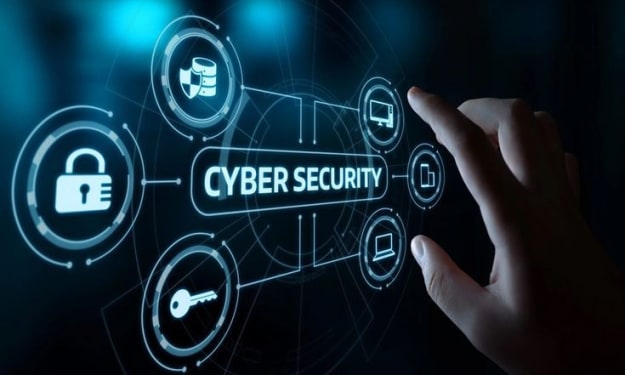Harnessing the Power Within
Unleashing the True Potential of Power

Power, in its many forms, has shaped the course of human civilization. From the discovery of fire to the invention of electricity, mankind has relentlessly sought to harness and utilize power for its benefit. The very concept of power has evolved over time, encompassing not just physical strength, but also intellectual prowess, leadership abilities, and technological advancements. In this article, we delve into the multifaceted nature of power and explore how it has influenced our lives, societies, and the world at large. Moreover, we'll examine the responsibility that comes with power and the potential it holds for positive change.
I. The Historical Evolution of Power (400 words):
Throughout history, power has been an integral force shaping human societies. In ancient times, physical strength often determined power hierarchies, where the strongest individuals dominated. The rise of civilizations introduced a more complex notion of power, with political systems and leaders wielding authority. From monarchies to democracies, power became centralized in governing bodies, granting individuals the ability to make decisions affecting entire populations.
The Renaissance and Enlightenment eras marked a shift in power dynamics, as intellectual and scientific advancements gained prominence. Thinkers such as Galileo Galilei and Isaac Newton challenged traditional authorities, leading to the rise of rationalism and critical thinking. With knowledge came the power to question, analyze, and shape ideas, ultimately shaping the trajectory of societies.
II. Power in the Modern Age (500 words):
The industrial revolution of the 18th and 19th centuries sparked a new era of power, driven by technological innovations. The invention of steam engines and electricity revolutionized manufacturing processes, transportation, and communication. Suddenly, power became synonymous with machines and the ability to generate energy at unprecedented scales.
In the 20th century, political power took center stage once again, with the rise of nation-states and global superpowers. Military might, economic influence, and political alliances became defining factors in determining a country's power on the world stage. However, power dynamics continued to evolve, expanding beyond the confines of traditional nation-states. The digital revolution ushered in a new form of power: information.
III. Power in the Information Age (600 words):
In the 21st century, the proliferation of technology and the internet democratized access to information, giving rise to a new breed of power wielders. Social media platforms became influential tools for individuals and groups to mobilize, advocate for causes, and shape public opinion. The power to disseminate information and influence narratives shifted from traditional gatekeepers to the masses.
However, with this newfound power came new challenges. Misinformation and fake news proliferated, blurring the line between truth and falsehoods. The power to manipulate information became a weapon in the hands of those seeking to sow discord and manipulate public sentiment. Society grappled with the responsibility of discerning reliable sources and maintaining critical thinking skills in the face of an overwhelming barrage of information.
IV. The Power of Responsibility (400 words):
While power grants individuals or entities the ability to exert influence, it also carries immense responsibility. History is replete with examples of power being abused and leading to suffering and inequality. It is crucial to acknowledge that power, when misused, can have devastating consequences. Therefore, ethical considerations and checks and balances must accompany the exercise of power at all levels.
Moreover, power can be harnessed for positive change. Philanthropists, activists, and leaders who prioritize the common good over personal gain have the potential to inspire meaningful transformations. Power can be used to advocate for marginalized communities, drive social justice, and champion environmental sustainability. When wielded responsibly, power becomes a force for progress and empowerment.
Conclusion (150 words):
The concept of power
is multifaceted and has evolved throughout history. From physical strength to intellectual prowess, power has shaped societies and influenced human progress. In the modern age, the digital revolution and the democratization of information have transformed power dynamics. The responsibility that accompanies power is of paramount importance to ensure its constructive use.
As we move forward, it is crucial to reflect on the nature of power and how it impacts our lives. By understanding its complexities and recognizing the potential for both positive and negative outcomes, we can strive to wield power responsibly, seeking to create a world that benefits all. Harnessing the power within us and utilizing it to effect positive change is not just an option; it is our collective duty as custodians of the future.





Comments
There are no comments for this story
Be the first to respond and start the conversation.